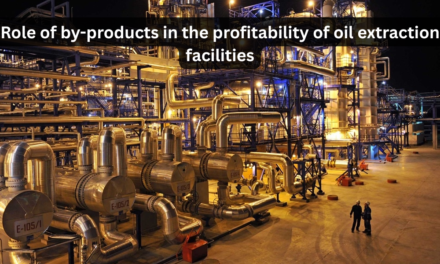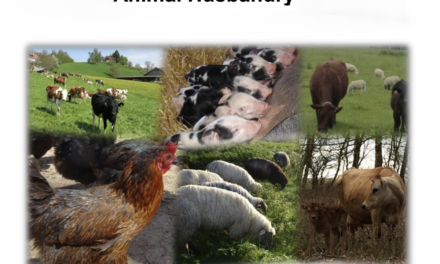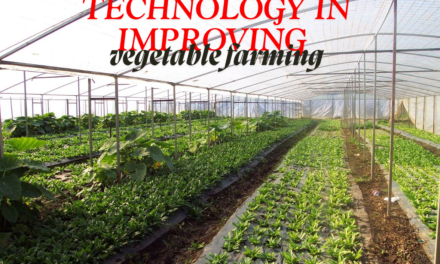The increasing demand for edible oils is significantly influencing global agricultural practices in several ways:
1. Expansion of Cultivated Land
- Deforestation: Crops like palm oil and soybean oil are major contributors to deforestation, particularly in tropical regions like Southeast Asia and South America.
- Land Use Change: Expansion of monoculture farming often leads to loss of biodiversity and ecosystem disruption.
2. Shift to High-Yield Crops
- Farmers are prioritizing oilseed crops like palm, soybean, and canola over traditional food crops to meet rising global demand, altering crop rotation patterns.
- Increased focus on genetically modified crops to enhance yields and resistance to pests.
3. Intensification of Farming Practices
- Chemical Inputs: Greater reliance on fertilizers, pesticides, and herbicides to maximize oil crop production.
- Irrigation: Higher water demand for oilseed crops, leading to stress on local water resources.
4. Sustainability Initiatives
- Growing consumer awareness has led to increased adoption of sustainable farming practices, such as RSPO (Roundtable on Sustainable Palm Oil) certification.
- Encouragement of zero-deforestation supply chains and regenerative agriculture practices.
5. Impact on Smallholder Farmers
- Many smallholders depend on oilseed farming for income, particularly in countries like Indonesia, Malaysia, and India.
- Shifts in demand may force farmers to adopt modern techniques, improve yields, or join cooperative systems to stay competitive.
6. Regional Specialization
- Specific regions are becoming hubs for certain oil crops (e.g., palm oil in Southeast Asia, soybean oil in the Americas), reshaping global agricultural trade patterns.
7. Adoption of Alternative Oils
- Growing demand for healthier and sustainable oils (e.g., avocado oil, flaxseed oil) is diversifying agricultural production and encouraging the development of niche crops.
8. Technological Advancements
- Precision agriculture, AI-driven analytics, and genetically engineered crops are being employed to improve oilseed yield, reduce environmental impact, and enhance supply chain efficiency.
9. Biofuel Production
- The dual demand for edible oils and biofuels (e.g., biodiesel) is exerting additional pressure on agricultural systems to increase oil crop output.
10. Climate Change Adaptation
- Climate variability is influencing where and how oil crops are grown, requiring farmers to adopt resilient crops and practices.
The demand for edible oils is driving both positive innovations in agricultural efficiency and sustainability and significant challenges in environmental and social aspects. Striking a balance between meeting global demand and preserving ecosystems is critical for the future of edible oil production.









